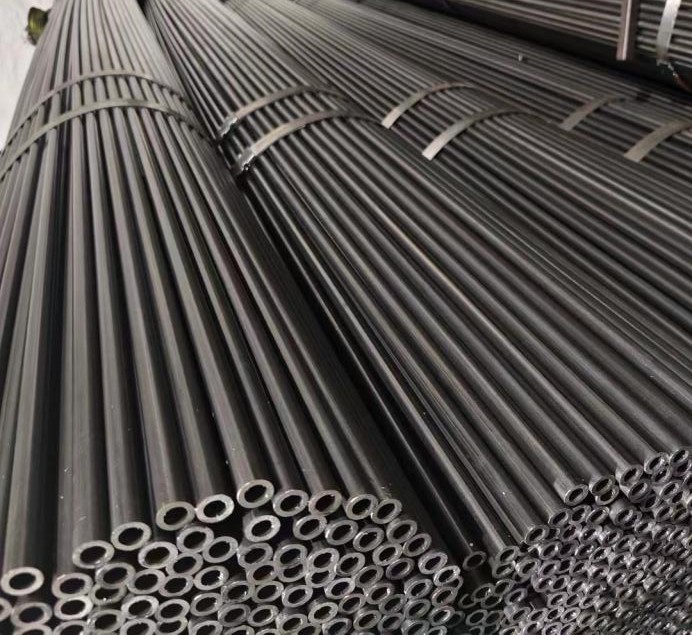Carbon steel is one of the most widely used materials in the world, known for its affordability and versatility. When sourcing from carbon steel suppliers, it’s crucial to understand why this material is relatively inexpensive compared to other metals.
Introduction to Carbon Steel
Carbon steel, an alloy of iron and carbon, is prized for its strength, durability, and machinability. It is used in various applications, from construction and automotive industries to manufacturing and consumer goods. The affordability of carbon steel makes it a preferred choice among many carbon steel suppliers and consumers.
Key Factors Contributing to the Low Cost of Carbon Steel
Economies of Scale in Production
The steel industry benefits significantly from economies of scale. Large-scale production processes reduce the per-unit cost of carbon steel. This efficiency in production, achieved through advanced manufacturing techniques and high-volume outputs, allows metal suppliers to offer competitive prices.
Abundant Raw Materials
One of the primary reasons carbon steel is cheap is the abundance of its raw materials. Iron ore, the main component of carbon steel, is plentiful and widely distributed around the world. This widespread availability reduces the cost of raw materials, making carbon steel more affordable.
Simplified Manufacturing Processes
Carbon steel production involves relatively simple and well-established manufacturing processes. Unlike alloys that require expensive elements or complex production techniques, carbon steel can be produced efficiently with basic metallurgical methods.
Low Alloy Content
Carbon steel contains only a small percentage of carbon (up to 2.1% by weight) and minimal amounts of other alloying elements. This low alloy content keeps the material cost low, unlike high-alloy steels or specialty metals that incorporate expensive elements like chromium, nickel, or molybdenum.
Widespread Availability and Competition
The carbon steel market is highly competitive, with numerous suppliers offering a wide range of products. This competition drives prices down, benefiting consumers. Additionally, the widespread availability of carbon steel ensures that supply meets demand, preventing significant price fluctuations.
Versatile Applications
Carbon steel’s versatility also contributes to its affordability. It is used in a myriad of applications, from structural components and pipelines to machinery and consumer products. This wide range of uses ensures consistent demand, allowing carbon steel suppliers to maintain stable production levels and pricing.
Applications of Carbon Steel
Carbon steel’s affordability and versatility make it suitable for a variety of applications:
- Construction: Used in beams, columns, and reinforcements.
- Automotive: Components like chassis, frames, and body parts.
- Manufacturing: Tools, machinery parts, and equipment.
- Consumer Goods: Kitchenware, appliances, and furniture.
Conclusion
Carbon steel’s low cost can be attributed to several factors, including the abundance of raw materials, economies of scale in production, simplified manufacturing processes, low alloy content, and widespread availability. By leveraging the cost-effectiveness of carbon steel, industries can achieve significant savings without compromising on quality and performance. The competitive market of carbon steel suppliers ensures that consumers have access to high-quality products at reasonable prices.



